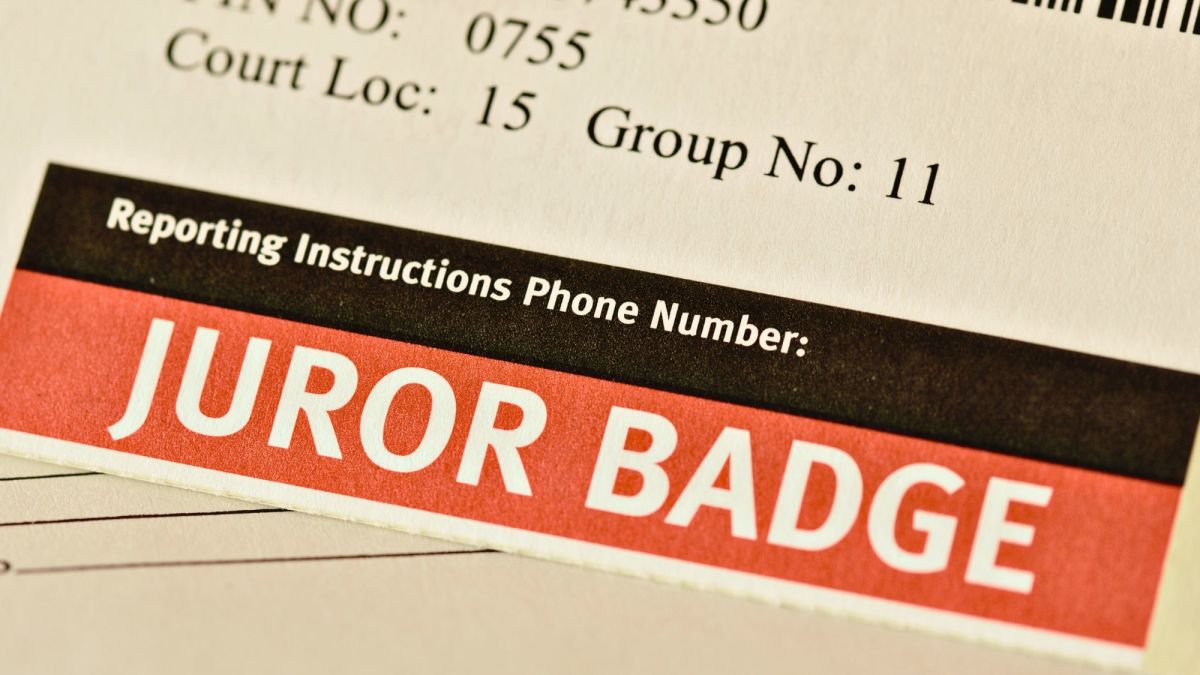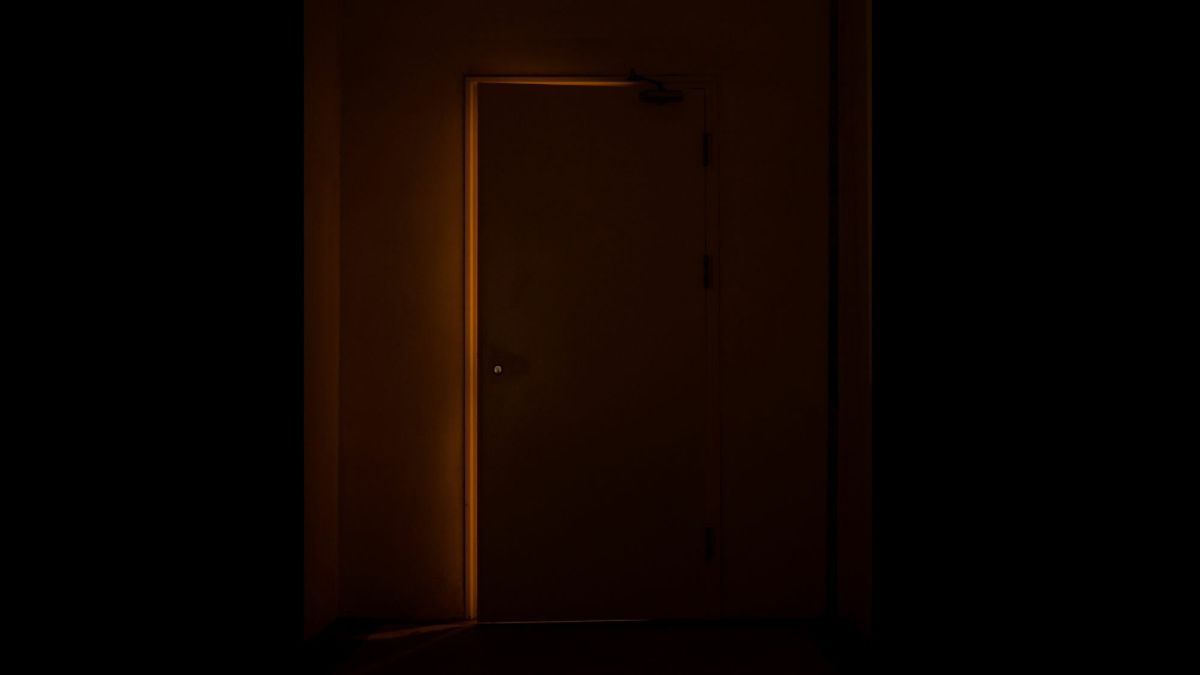10 Ways Government Agencies Can Spy On You

Introduction
Government agencies are spying on you. Even this hubpage will most certainly be parsed by a software bot at some point. As technology has evolved and been made available to mainstream society, issues of privacy have become a major issue. People have often taken the line: ‘so what, I have nothing to hide’ - not realising that this attitude is playing into the hands of people who want to know everything about us. Surely we all have the right not to be spied on?
There are many leaks revealing what various agencies are up to and how far these tentacles have been reaching. As exemplified by the revelations of Edward Snowden. As a reaction, some of these leaks have even been backed by an ‘honest’ approach by bodies such as MI5 in the UK. Clearly, the ‘nothing to hide’ policy, is the one which deserves less inspection – and less curious attention. Hiding in plain sight has always been the safest place.
Here are just a ten ways in which various agencies can know exactly who you are, where you are, and what your interests are.
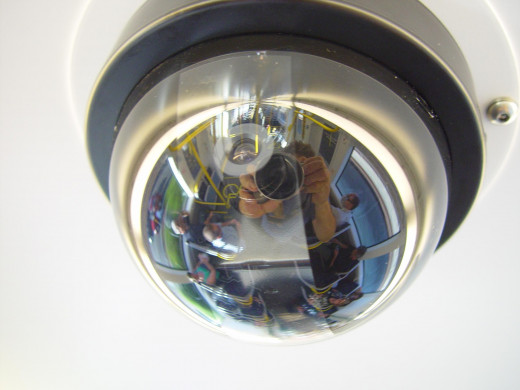
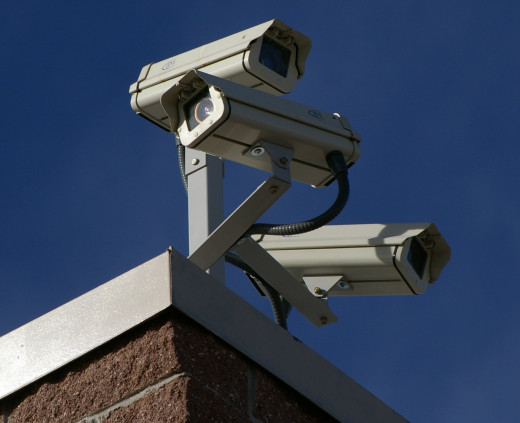
1 - Security Cameras
In 2006 Britain was already seen as a surveillance society with up to 4.2m CCTV cameras around the country – that’s about one for every 14 people. In 2012, a Londoner passed a security camera 300 times a day whilst in less populated areas the figure came to roughly 70 times a day. In the US in 2015, it’s estimated that a person is caught on camera 75 times a day, every day.
This figure can only increase in Westernised countries, as technology takes even greater hold. Though solving crimes are regularly helped with the use of CCTV, the fact is that this comes at a cost. There are huge privacy concerns, especially as many camera feeds are owned and viewed by private security companies.
Face recognition is only adding to the dilemma. Targeted adverts on billboards could be matched to the face. The face would immediately reveal the person’s ID and instantly connect to a databases holding information regarding the person’s habits.
Though this seems creepy, it doesn’t compare to the fact that there are agencies out there who will make use of this information to know exactly who is doing what, where and when.
2 - Smartphones and Tablets
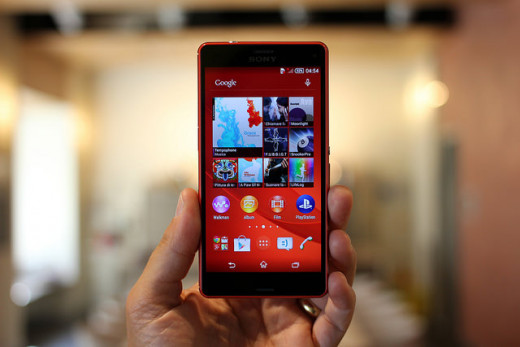

Any device which we use to talk, whether it be a landline or a mobile phone, are inherently insecure, as we have to trust the providers of the line. MI5 have recently admitted that they’ve been secretly collecting all phone data for many years.
However, this issue is nothing compared to the revelation by Edward Snowden that smartphones can and are used to eavesdrop on us, even when the phoned is switched off (so long as the battery has sufficient power). This is all part of Project Smurf, in particular the project called Nosey Smurf. As he puts it "They want to own your phone instead of you.”
Old mobile phones could track our location by seeing which masts our phones were connecting to, but now smartphones can also listen in on us when we think it's safely off. Even more amazing is that there are plans to use smartphone on a daily basis as health trackers for institutions such as the NHS in the UK. While smartphones and tablets are already used in this capacity for fitness training, the idea is to take this a step further, by connecting the phone or tablet to blood pressure tools, for example, and relay the information to HQ.
Furthermore, the ‘old fashioned’ text messaging system is one which is entirely open to be read, let alone the various web based chat applications whose data streams can be intercepted. The same goes for any internet browsing from a smart phone or tablet.
In short, smartphones can currently be used to:
- Track your location
- Listen to your phone calls
- Read your text messages
- Analyze your internet browsing and messaging
- Listen to you even when the device is off

3 - Email and internet browsing
Our email systems are clearly being tracked by security analysts, and out internet browsing behaviour analyzed. On a simple level, we browse for something on Amazon, then go to Facebook, and find the products we were searching for appearing in the targeted adverts. We’ve become so used to this, that we hardly notice it anymore. Though there are ways to stop cookies invading our privacy in that particular way by using anonymous browsing, the fact remains that everything we do is being watched and the ISP knows which sites you go to.
In fact, the idea is to keep track of what everyone is doing, and keep the records indefinitely. It’s interesting the way the dialogue has now shifted in the news coverage, from outrage with regards to our browsing activities being constantly monitored, to acceptance of it, where the debate is about the cost of indefinite records, not the ethics of it. See the BBC News article Cost concerns over web spying proposals (all other articles for this hub are referenced at the bottom of the page.) We’re slowly being habituated to being monitored all the time.
Though there are ways to browse anonymously through encrypted proxy servers and chained servers that make any trace back to the original browser very tricky, the fact is that we just don’t truly know who is intercepting what, or decrypting our information. Presumably, clever computer hackers would be caught less, if they operated using stolen phones, stolen laptops, and connecting wirelessly in different parts of the country, and wore a disguise while going to these different areas, preferably in a stolen vehicle (not to give anyone any bad ideas!!).
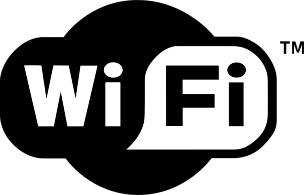
4 - Wifi
Not many people realise that the wifi signal from your router can be used to detect if there is anyone present in the house. This system even works through walls. By analysing the bounce back signal, a picture can be built up which gives interested people an idea of how many people are present. All it requires is for the router to be taken over and controlled secretly - something which is obviously possible (see source article below). Of course, it doesn't mean that any hacker or intelligence agency will hack your router to achieve this, but it's technically possible - in the same way that smartphone can be taken over...
As consumers we tend to blindly trust what we’ve been sold in the shops, not questioning the wider motive behind it – or whether it’s healthy in the first place (many people are affected by cell phone and wifi radiation, for example, which is a separate issue). This unquestioning approach to the technology that we allow in our house, is exemplified by the use of Smart TVs and games consoles such as the Xbox360 and XboxOne – which opens the door to be well and truly spied on.
5 - TVs
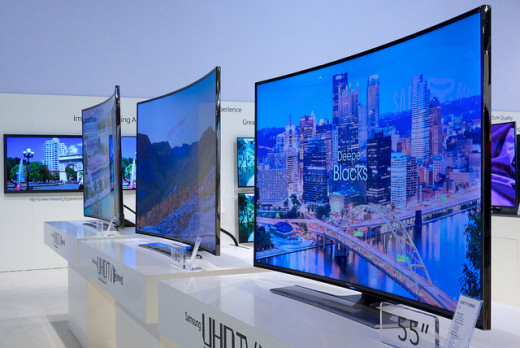
Voice controlled TVs listen all the time, waiting for a command to be spoken. Samsung themselves have admitted that users ought to be cautious as to what they say in front of the TV when issuing recognised commands. In their own words:
"If a consumer consents and uses the voice recognition feature, voice data is provided to a third party during a requested voice command search. At that time, the voice data is sent to a server, which searches for the requested content then returns the desired content to the TV."
This means that anything spoken at that time, is sent to ‘third parties’. Samsung say that they do not collect voice data – but to believe that would be naïve, especially in light of all the latest revelations. The same process is used for other voice activated machines, such as game consoles.
6 - Games Consoles e.g. Xbox One

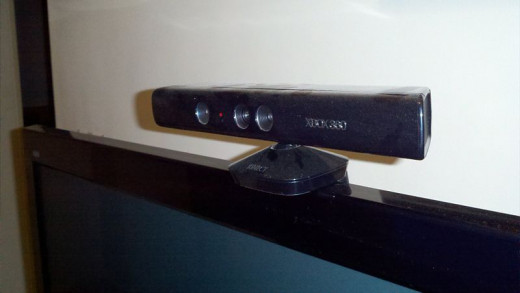
- Xbox One - How to turn off Kinect | Attack of the Fanboy
This is a very simple, step by step, guide on how to turn off the Kinect sensor for the Xbox One. This is something that not enough people seem to know ho
Microsoft’s Kinect Sensor, which is shipped with its Xbox One, and bought separately with the Xbox 360, is so sensitive that it can read your heartbeat while you're exercising. It has been called “rocket science level stuff" by Xbox's Marc Whitten. In fact, the Xbox One Kinect Sensor can be switched on by using a voice command – which means it’s listening all the time.
Not enough people realise that it can be switched off. This means that millions of people are unwittingly granting access right into their homes, with a device so extraordinary that it can distinguish between different voices and faces, and detect different levels of heat trace coming from your body. This is like having an open door to your house, without really knowing who you're allowing to have a look in.
7 - Debit and Credit Cards
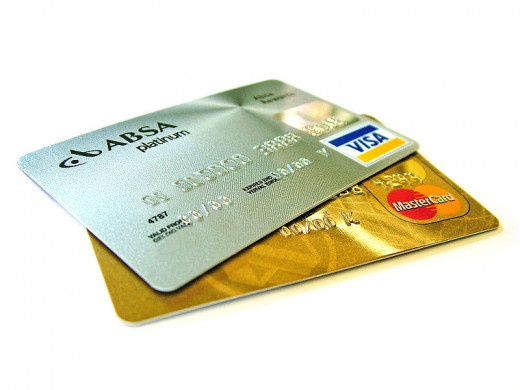
Every time a transaction takes place in a shop, an immediate fix is logged as to the location of the transaction. So not only spending data is available to the credit card companies (and those behind these companies), informing them of the person’s choices, but their location is known. We use our cards without thought, not considering the wider pool of data to which we’re adding, every time we use our cards.
The rise in contactless payment systems is another approach toward making data even of small amounts available to card companies, thus monitoring our movements. The idea is possibly to aim toward an entirely cashless society. Even small transactions between two individuals would create data available to the credit holders. The only way to circumvent such a system, would be through a simple exchange of services.
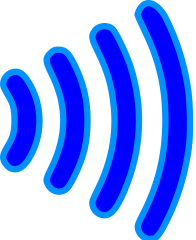
A cashless society would make banks wealthier, as they would not have to mint money in conjunction with the government. We never give much thought about the fact that the money we think we have is simply fiat money, created out of thin air. A cashless society would be the pinnacle of this kind of financial magic/fraud. Not only would our cash not be backed by anything at all, but we wouldn’t even hold any physical specimen – everything would be owned.
8 - Smart Electricity Meters
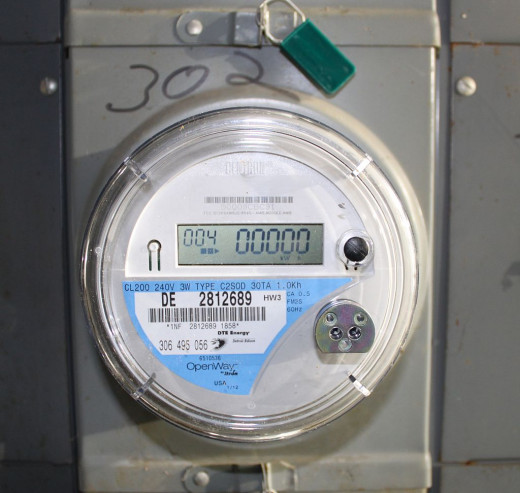
Smart meters have created a lot of controversy. Not only do smart meters communicate with each other (using very strong signals which are detrimental to human health), but they provide information to interested parties, that allows the creation of a very clear picture of what kinds of devices are switched on at which time, and even in which parts of the building. This can easily be used as a method of tracking someone’s movement.
Some people have requested their service providers to switch off some aspects of their smart meters, only to find that they have been switched back on within hours. So the opt-out clause is really non-existent. Rather, householders are given these meters without a proper explanation as to what they're full capabilities are.

9 - Facebook
Facebooks needs a heading in its own right, as it is the data gathering tool par excellence over individuals. The creeping insidious policies that shape Facebook, are far removed from the original plan that Zuckerberg envisaged to keep university friends connected. In fact, not only is it a social data gathering tool, where no spying is needed as people write willingly anything that comes to mind on its pages, but it is also a social sculpting tool, with pressure and interest groups swaying its policy.
Just recently, Mark Zuckerberg was heard to agree to Angela Merkel’s request that anti-immigration posts have less precedence, before the mic was abruptly switched off. This perhaps should be a wake-up call to people who think that Facebook is just an innocent way of wasting time. If Zuckerberg is having little chats with presidents of powerful countries, it's obvious that he's being exposed to many kinds of influences.
So you want to delete your account? Sure – but sorry, everything you ever posted prior to deleting your account is now the property of Facebook and is never erased.
10 - Spy Satellites


When you're out in the countryside, you might feel free from all the modern shackles, but the fact is that you might be forgetting what’s right above your head. Instruments built into recent satellites are without a doubt, some of the most intrusive around.
In 2013 the National Reconnaissance Office launched a satellite called NROL-39, with upgraded spying capabilities. In fact, so sure are they of their ability to reach right into people’s lives, their caption on their logo was ‘Nothing is beyond our reach’, with an image of an octopus with its tentacles around the planet.
More recently, Google have acquired its own private satellite company, called Skybox Imaging, straight after the US government relaxed its satellite imagery restrictions (coincidence?). Google will soon be about to make out 10-inch objects from the sky - even your face, if you happen to look up.


An astute observer may realise that the octopus imagery on the NROL-39 spy satellite is a nod and a wink at the Rockerfeller Foundation. In the early days of oil production, Standard Oil (owned by the Rockerfellers) had a total monopoly, from production, refinement, to distribution, making Mr Rockerfeller the wealthiest man on Earth.
At the time, Standard Oil was widely depicted in the media as a giant octopus, with its tentacles around the earth, reaching into every corner of business and politics....
This imagery and name – Rockerfeller - was used recently in the 2012 Olympic Games ceremony in London, where the musician Fatboy Slim was seen standing in a giant octopus and playing one of his songs called… The Rockafella Skank. Coincidence? Not likely. Just another nod and a wink from the power brokers of this world who play their games.
The Surveillance Society: 1984 Came 25 Years Later
The Eye that Sees All

It seems rather clear that intelligence agencies have an absolute desire to know and control every aspect of our lives. Each time we play with a new digital toy, we’re taking one step closer to relinquishing our own freedom.
In a sense, this has already happened, as we only tend to behave and think according to what the engineers of society decree. We’re so absorbed by the wonderment of outside entertainment, that we’ve taken the focus off our inner selves and don’t even know who we are any more.
Our belief systems tend to be very self-limiting, and based on fear, and this is absolutely essential to ensure humans are just pawns that consume and keep quiet, while feeding money up to the top of the pyramid. Typically, these systems of control centre around feelings of unworthiness, such as those exploited in the divisive mummery of old testament religions.
So control of us is done through fear and entertainment and modern gadgets are now an intrinsic aspect of this system, giving us ample opportunity to waste our lives on trivialities. While it’s true that technology is also being used as a tool to educate and liberate people, once learned, the tool should be put down.
The great idea that technology connects us all, is essentially a fatuous one, as ultimately our attention is still drawn to the drama outside of ourselves, where we can easily be manipulated. For the moment, the old Roman scheme of ‘divide and conquer’ continues to work magnificently well for those who like it that way. Likewise, ‘bread and circuses’ (or in our modern age, consumerism and digital entertainment), the other old Roman method of crowd control, is very deftly implemented.
Edward Snowden has made it amply clear that there is a whole agenda of suveillance, which goes way beyond just making the life of citizens safe. This is not 'conspiracy theory' - or if it is, it's the same level of conspirational activity that goes hand in hand with average political and business schemes.
Perhaps we should just unplug, and be safe - and most importantly, spend time with each other instead of our electronic toys.
Do you take measures to hide your identity and activities from digital scrutiny?
Some of the sources for this hub:
- MI5 'secretly collected phone data' for decade - BBC News
MI5 has secretly been collecting vast amounts of data about UK phone calls to search for terrorist connections. - How wi-fi can identify and track people through walls - BBC News
The tech which uses wi-fi signals to identify and track people through walls - The Xbox One will always be listening to you, in your own home (update) | The Verge
In its hour-long Xbox One presentation, Microsoft blazed through announcements for its new next-generation console, including one ostensibly important feature that may raise some eyebrows: the new... - Cost concerns over web spying proposals - BBC News
UK MPs are investigating what it will cost ISPs to meet government proposals to log what Britons do online. - Edward Snowden interview: 'Smartphones can be taken over' - BBC News
Smartphone users can do - Samsung Television Spies on Viewers - Schneier on Security
- Not in front of the telly: Warning over 'listening' TV - BBC News
Samsung is warning people about discussing personal information in front of their smart television set. - http://www.cnbc.com/2015/09/27/angela-merkel-caught-on-hot-mic-pressing-facebook-ceo-over-anti-immig
German Chancellor Angela Merkel confronted Facebook CEO Mark Zuckerberg over incendiary posts on the social network, Bloomberg reported. - NROL-39 Logo Nothing Beyond Our Reach - Business Insider
The secretive National Reconnaissance Office releases a new logo that has a lot of people talking. - US lifts restrictions on more detailed satellite images - BBC News
Sites like Google and Bing Maps will now be able to use higher-quality satellite images, thanks to US restrictions being lifted. - UK public must wake up to risks of CCTV, says surveillance commissioner | UK news | The Guardian
Tony Porter says Britons are blind to extent of monitoring and wants public bodies to be more open about use of cameras
© 2015 Electro-Denizen










